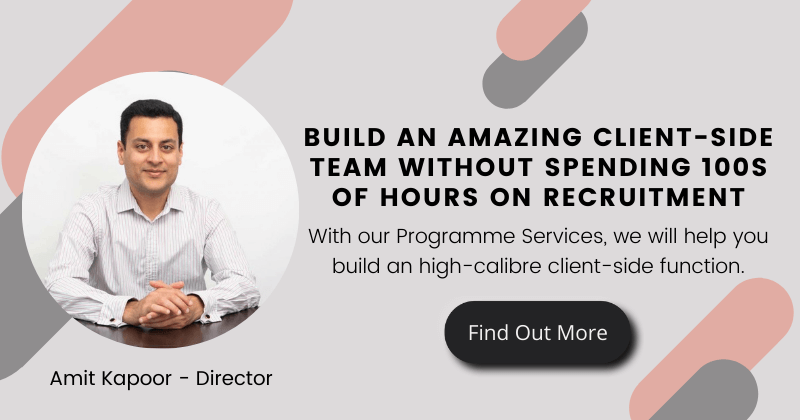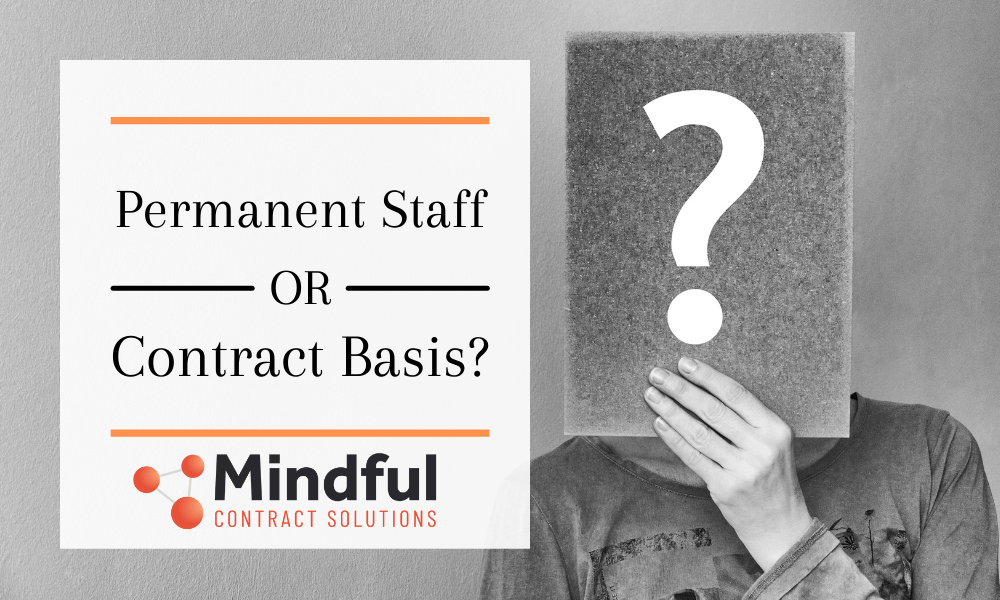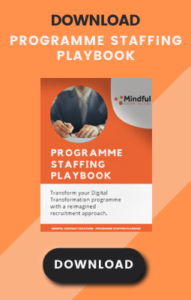Have you found it challenging to determine whether staff should be permanent or work on a contract basis?
Many organisations go through a sequential process of first checking if there are internal resources available for any roles. If not, they look externally for contractors (for urgent requirements) and new permanent staff (if not so urgent).
That said, rarely do we find that programmes have enough time to accommodate a campaign for hiring new permanent staff.
In our view, there are certain points you should consider before you decide on whether to appoint permanent staff or contractors. And it is important to get it right as it can offer huge value to your business if you do.
So with this in mind, here are 3 things you should consider before making your decision (and ensure you get it right).
1) What type of work needs doing?
It is worth considering the type of work you need to appoint a new member of staff to do. Will it be a one-off project or regular work you do on a day to day basis?
For regular work, permanent staff are more suited as they become embedded into your organisation. They need to have a good insight into the day to day work and running of your business; as well as build working relationships across the organisation.
For one-off projects, contractors are the best choice. They usually have very recent experience of working on similar projects. Not to forget, it’s also easier to class project-based contract roles as ‘outside IR35’, which can give you a wider market of contractors to choose from.
2) Have you considered the benefits case?
Permanent members of staff generally cost less than contractors, so this will usually seem like the most cost-effective option. However, it is important to look at the bigger picture.
Projects can often provide business benefits that are several-fold the cost of hiring a contractor. As a result, it is important to weigh up the overall benefits before deciding.
If a contractor is the best fit with ready skills, then they should be the one you hire. Failed projects take you many steps behind your competitors. There are much wider repercussions of an overly delayed or failed project.
The argument that the project failed but you protected the spend on it doesn’t find many backers within organisations. Bottom-line, don’t just go with the option that seems like the cheapest, consider all aspects first.
In our LinkedIn post, you can find out how to make the most of your client-side team.
3) What are the knowledge transition requirements?
When hiring contractors, it is always important to have an end in mind. There are far too many organisations that find themselves with expensive contractors doing the same thing for over a decade.
The problem of letting them go always feels difficult and gets worse with every passing year. If you are placing a contractor into a key role within your organisation, consider the knowledge transition requirements at the start of the contract.
Think about the deliverables and if appropriate, make knowledge transition a stipulation of the contract. For example, if you hire a contractor while looking for a permanent member of staff, you may want to make it a contractual obligation that they impart that knowledge onto your permanent worker.
Conversely, if the nature of work you are looking to fill with a permanent staff or a contractor, is so difficult to transition – you would be better off looking for a permanent staff member in the first place.
Where do you go from here?
Ultimately, there is no set formula for how many contractors you can have on a team. It is more of an art than a science.
At Mindful Contract Solutions, we recruit from a place of real understanding and expertise – that’s why our clients trust us to match the right person, with the right skills for the right role.
In fact, 87% of the contracting organisations we work with receive a shortlist of properly vetted candidates within 3 days, ready to get programmes delivered on schedule and within budget.
If you want to get the balance right for your next programme, take a look at our Programme Services.



